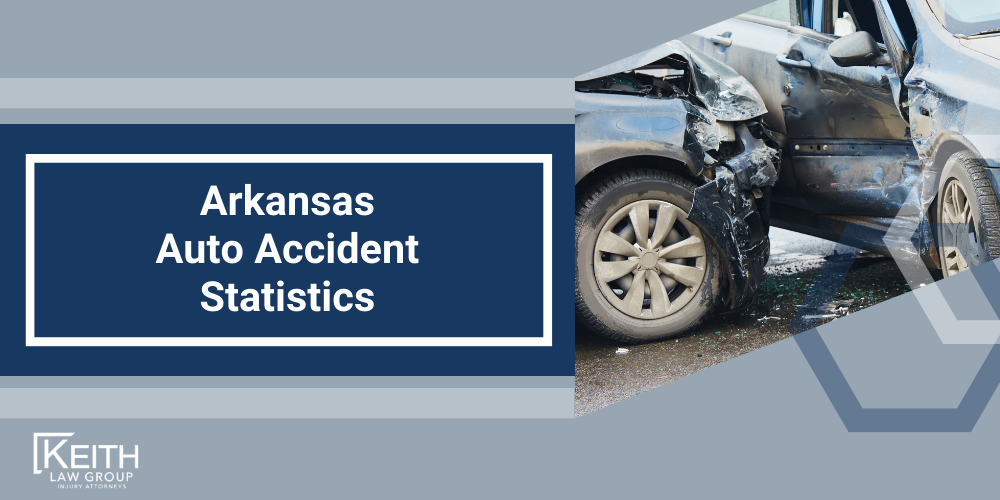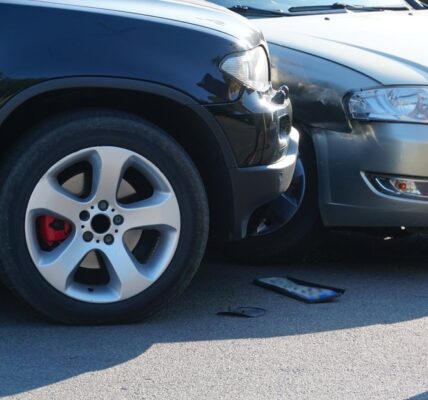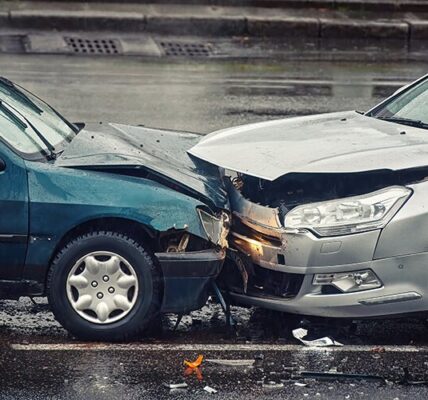Ouch! Car Crash, No Injuries, Big Deal?
Did you get in a fender bender and feel fine? "It's just a scratch," you think, right? But hold on! A car accident, even with no injuries, can create a lot of headaches. (Like, a real pain in the neck.)
This article explores the complexities of car accidents without injuries. We'll chat about what you should do, what questions to ask yourself, and hopefully offer some peace of mind!
The Unexpected Roadblock: Uninjured Accidents
Imagine this: Smooth drive. Poof! Bump. Minor damage to both vehicles. You and the other driver seem alright. "Everything's OK," you say to yourself, breathing a sigh of relief. But … the problem's often not over, is it?
(It's more like starting an unplanned treasure hunt, ain't it? )
Why is it tricky?
- Insurance claims are often complex.
- Figuring out responsibilities and costs isn't easy.
- Negotiations can get pretty tangled.
The Real Pain Points – Without Broken Bones

Source: keithlawgroup.com
You don't see bleeding or feel fractures, but accidents without physical harm are tough, like a slowly dripping faucet — seemingly nothing bad until the mess mounts up. Here's the lowdown:
- Property damage costs: Replacing a damaged bumper isn't cheap. You need repairs. (Insurance isn't always the only source!)
- Dealing with insurance: Navigating forms and claims, can get super tricky. "A little headache for everyone," maybe?
- Future implications: Don't just think about today. Car accidents can affect your driving record, like how much traffic fines you have to pay next time or even the ability to borrow money.
Steps to Take After a "No-Injury" Car Crash
"It's not an injury," people say, and shrug. But your life is already changed.
Your Immediate Response
-
Safety first: Check on everyone. Ensure the road is safe.
-
Document everything: Photograph every mark on both cars. Note what the traffic conditions, time and date. This way, nothing is lost, just like treasure maps.
-
Exchange details: Collect contact information and insurance details, it's like opening up a dialogue with your past! (Note: Make copies of the documents later!).
-
Stay Calm: You don't need to get upset or stressed over what will happen! The whole thing will need to get worked out.

Source: nitrocdn.com
Getting Things Moving Again
-
Seek immediate medical care: Your neck and body might be a little tight without you knowing it. Get checked out!
-
Make police report: Tell police exactly what happened. They document and record everything, it's worth taking this step.
-
Talk with Insurance Providers: Both insurers need all facts, not just what one of the drivers might think is correct! Tell them everything you know. It is worth seeking expert help on how to prepare and understand your rights. They may recommend what you should do for insurance claims or give other support that helps during and after your case.
Questions to Ask Yourself & Your Insurance Adjuster

Source: cloudlawfirm.com
Think before acting. Questions are essential here. These points need clarification and clarity to build a better outcome! Asking the right questions to the correct people can also ease stress!
-
"What were the circumstances surrounding the accident?"
-
"How will insurance claims be handled?" Make sure that it is going to your side and meet the terms that were mutually agreed upon before settling an insurance case!
-
"Are my legal rights being protected, like getting full reimbursement?"
-
What steps do I need to take after the crash, and is there help out there, that I don't need to figure everything out all by myself?
-
Are my legal rights being upheld as discussed, and is there help that can guide me?
Real Stories – What People are Saying
I read in some news articles, personal blogs, and a forum some experiences about car accidents.
From "Samira": "My car looked trashed. I didn't need medical attention. Dealing with the insurance was terrible! Getting compensation was a huge struggle! Thankfully, I finally found help to push through all this!
From "Robert": "I just felt dazed, a headache. Didn't feel a broken bone or major harm! But I got involved with an accident claims professional! Now everything feels a bit better!"
My experience: (From the article author) "It was just a bump on the highway but the hassle! It was a big relief getting expert assistance!"
Insurance and You: Navigating the System
"The process seems scary." I heard from many drivers I know. Many said their situations weren't easy, navigating through the whole situation! Dealing with insurance claims is often complicated when you are unhurt, or "feeling" unhurt after an accident!
What does your policy cover?
- Understand what is NOT covered on the paper-like contracts to be safe.
Know Your Rights

Source: phigginslaw.com
- Gather documentation immediately: Photos, witnesses (if possible!), reports—everything helps when trying to remember what's going on, especially during stressful times.
Avoid Making Mistakes (to keep it simple for this article).
- Don't give too many details on the scene, unless asked by officials.
- Keep communication to yourself about the scene with others!
Seeking External Support
Consider a car accident lawyer (this is an option!). Expert advice on navigating this can bring clarity and a chance to feel secure again.
Moving Forward: After the Crash
This might seem like the end, but life moves on, right?
-
Take the necessary repairs (this is important).
-
Follow up on any medical care needed (especially to prevent a more severe outcome) and to make sure there are no serious symptoms that need attention.
-
Address any additional stresses after the crash (or get someone to address it). Your health needs consideration.
-
Keep notes about the car accident process. Keep detailed documents, to stay ahead in a stressful process!
This whole thing, when you don't have severe injuries is tricky, complicated and needs special care in making sure that your future and the right legal pathway to follow after a fender bender is clear. Having a solid guide with experts that know the process from start to end makes your life easier.
(Think of the situation as navigating a tricky path; a simple guide from experts makes the path easier, right?).
(Note: This article is intended for informational purposes only, and does not constitute legal advice. Consult with a legal professional for guidance specific to your situation.)



